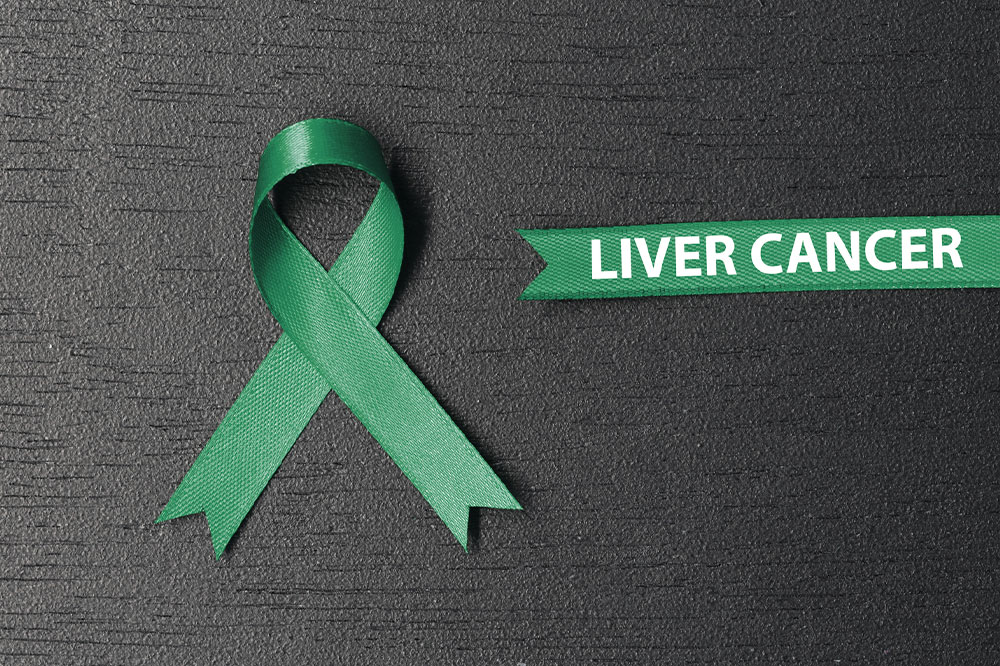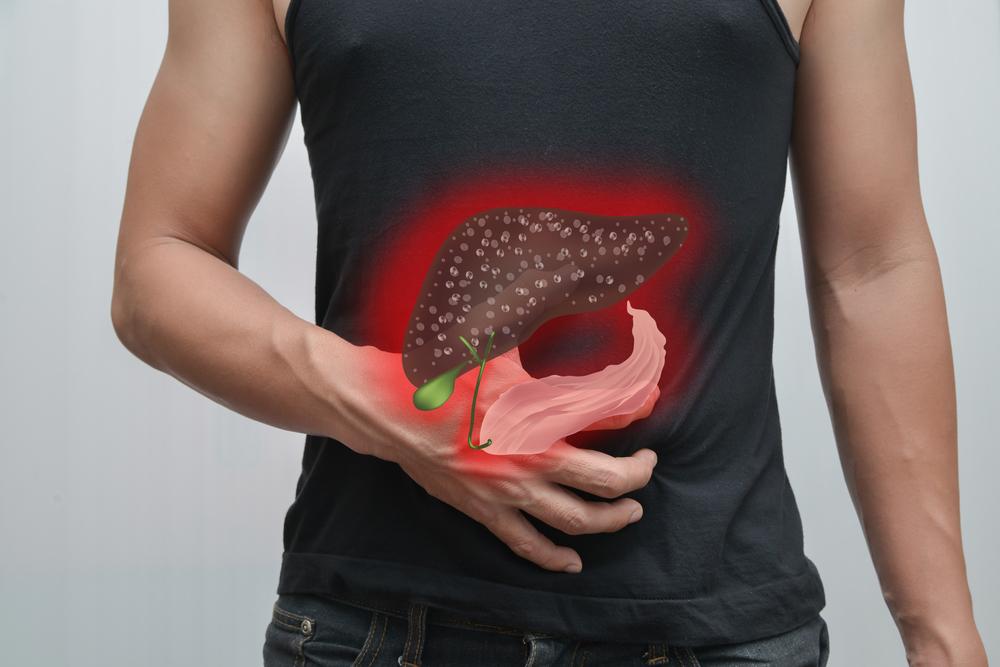Understanding Liver Cancer: Causes, Symptoms, and Treatment Options
Liver cancer, impacting the body's largest organ, is a serious health concern often diagnosed late. Risk factors include alcohol, hepatitis, and hereditary traits. Symptoms such as jaundice, abdominal pain, and fatigue become noticeable in advanced stages. Treatment options encompass transplant, radiation, chemotherapy, and ablative techniques. Early detection is vital to improve outcomes and survival rates.

Liver cancer involves malignant cell growth within the liver tissue. It can develop in two ways: cancer originating directly in the liver, known as primary liver cancer, or cancer that spreads from another organ, known as metastasis. When cancer begins in the liver, it is classified as liver cancer, which affects the body’s largest organ responsible for vital functions. Early detection is challenging, often leading to diagnosis at advanced stages. Risk factors include alcohol consumption, cirrhosis, hepatitis C, exposure to toxins, low immunity, and hereditary influences. Symptoms such as loss of appetite, nausea, upper right abdominal pain, jaundice, fatigue, and pale stools often appear in later stages. Treatment options include liver transplantation, radiation therapy, chemotherapy, and ablative therapies like laser or radiofrequency injections. Due to poor survival rates, early diagnosis remains critical.










